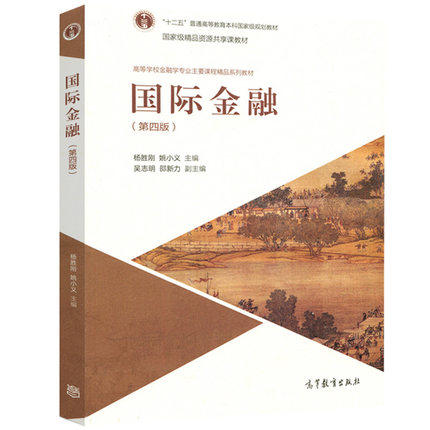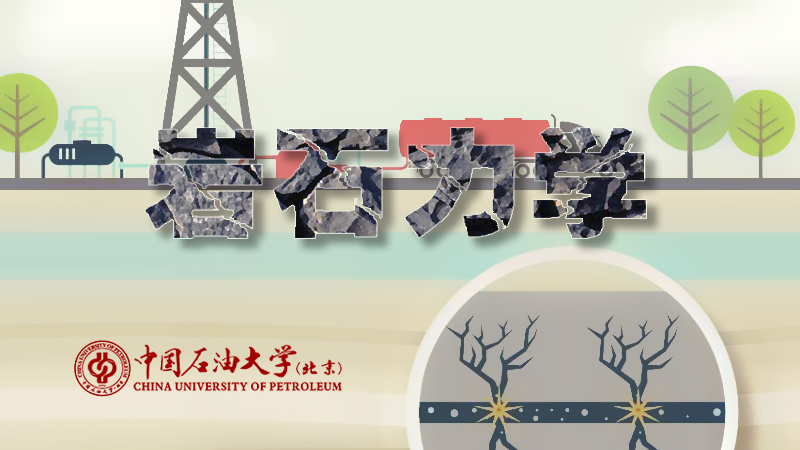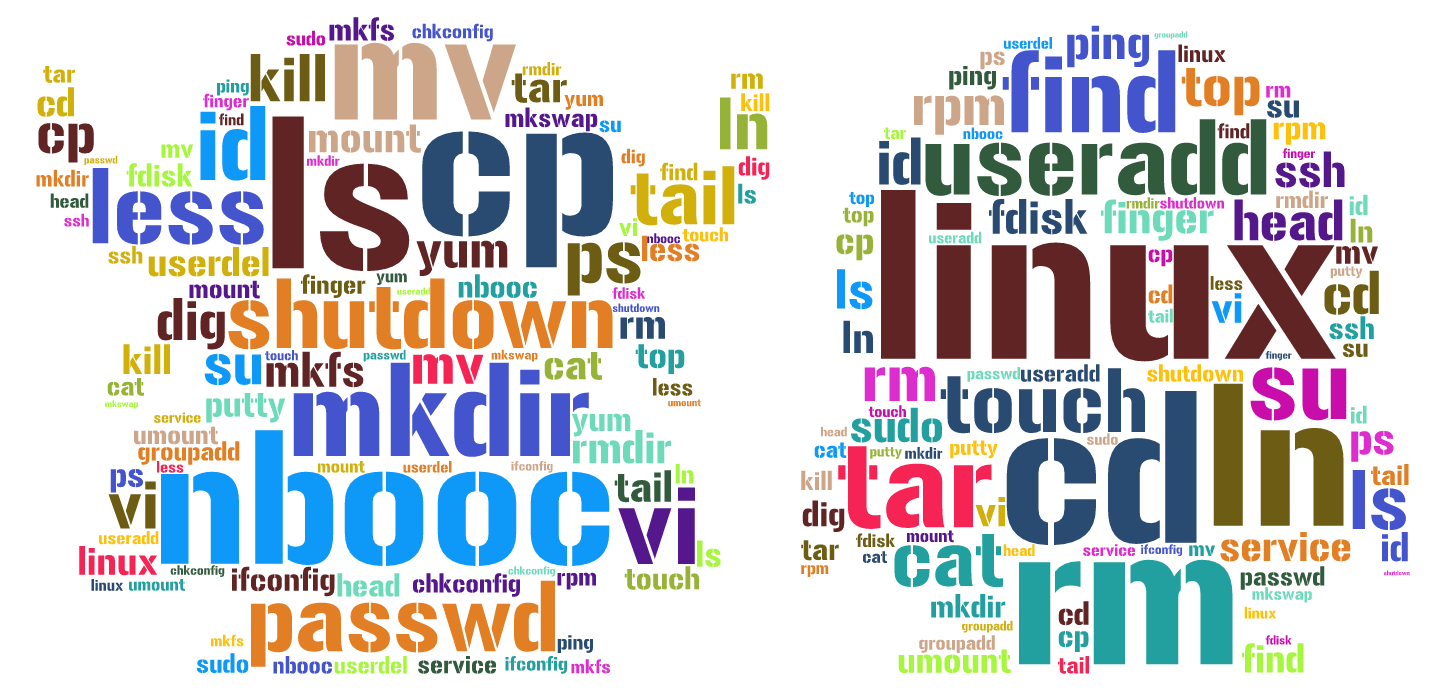
当前课程知识点:环境工程专业英语 > 7. Academic communication > 7.4 Question and answer session > 7.4 Question and answer session
同学们好 我们开始今天的课程
今天 我们将仍讨论
学术中的交流问题
通常 在演讲汇报结束后
听众会提问问题
由演讲者回答问题
所以今天让我们来讨论一下问答环节
作为听众 你需要给出反馈
你可以用一个积极的开头
例如感谢演讲人分享其所做的工作
或给出你对其工作的见解
或对工作的某些部分给予积极的反馈
尽量用我们而不是你
并且使用形式主语
例如它是或这是
如果你想减少负面评价
你可以使用减弱负面语气的词汇
例如仅仅 有些
有点等
另外 你也可以将负面评价降至最低
用这些词 如
可能 也许 大概
或是似乎 似乎是
以及我认为 我不确定
这样是很礼貌的
而且你也将词组用作问题
如我想知道是否…
或您认为…吗
或是您考虑过……吗
或您认为…怎么样
如果你要提出问题或建议
要给出原因 这是很有用的
如果你想发表一些评价
有两种表达
第一种是你直接发表你的评价
你可以说我对…有问题
或我想问一下…
你也可以说我想知道…
有时你想把评论和演讲内容联系起来
你可以说感谢您精彩有趣的演讲…
以及我想问您一些问题关于…
或是回到您的…幻灯片上
提出独特的建议评价
关于幻灯片上的内容
你也可以说
您提到了…但是我还有一个问题
诸如此类
如果你想询问你不确定的地方
你可以说我不确定我是否了解了…
我不太确定…
或者你可以说
我想知道我是否可以关于…发表评论
以及 如果你想核实你的理解
你可以说
如果我正确理解了您的意思 那么…
我对于…的猜测是否正确
这么说是正确的吗
这是非常友好和容易理解的语气
如果你想询问更多信息
你可以说您能详细说明一下…吗
这是很有用的 详细说明…
如果你不能很好地理解这场演讲
你可以这么说
你也可以说
对不起 您能再解释一下…吗
我不确定我完全理解了
如果你是演讲者
在听众问完问题后
你可以这样回答
首先 表示你乐于接受提问 你可以说
这是一个很棒的问题
我很高兴您能将其提出来
这是很有用的 将其提出来
或者你可以说您提到了非常重要的点
此外如果你没有很好地理解问题
你可以说请问这能说明什么
我不确定这是否回答了您的疑问
有时
演讲者不想对问题进行回答
或者你想讲一些能支撑你的观点的内容
你可以说我认为…
或我的想法是…
或所以 正如我所说的...
您的问题带我们回到了…
这意味着你想解释
你不同意听众的观点
如果你想表达一些你的不同观点
你可以说
这是一种看待的方式
但我的看法是…
或对我而言不一定
或者你可以说
是的 我认为如此 但是…
你可以进行诸如此类的表达
有时你需要回答问题
但你也许不认为这是一个好的提问
或者你不知道如何回答
你可以说
恐怕我无法回答这个问题的答案
如果你确实不知道这个问题的答案
你可以说
我没有考虑过
不过它值得我接下来的进一步探讨
我认为这句话比上一句好
为什么 因为即使你不知道问题的答案
你仍然表达了你对这个问题的认可
你仍然表达了你对这个问题的认可
你将尽可能去寻求问题的答案
在这场演讲汇报后
今天的课就到这里 同学们下节课见
-1.1 Introduction of water resource
--1.1 Introduction of water resource
-1.2 Conventional drinking water treatment
--1.2 Conventional drinking water treatment
-Task 1
-2.1 Introduction of wastewater
--2.1 Introduction of wastewater
-2.2 Introduction of wastewater treatment
--2.2 Introduction of wastewater treatment
-2.3 Physical unit process
-2.4 Chemical unit process
-2.5 Fundamentals of biological unit processes
--2.5 Fundamentals of biological unit processes
-2.6 Suspended growth biological treatment processes
--2.6 Suspended growth biological treatment processes
-2.7 Attached growth biological treatment processes
--2.7 Attached growth biological treatment processes
-2.8 Anaerobic biological treatment processes
--2.8 Anaerobic biological treatment processes
-2.9 Nutrient Removal processes
--2.9 Nutrient Removal processes
-Task 2
-3.1 Smog
--3.1 Smog
-3.2 Visibility and haze
-3.3 Particle size
-3.4 Climate change
-Task 3
-4.1 What is solid waste
-4.2 Issues in solid waste
-4.3Management of solid waste
--4.3 Management of solid waste
-4.4 Source control of solid waste
--4.4 Source control of solid waste
-4.5 Collection and transportation of solid waste
--4.5 Collection and transportation of solid waste
-4.6 Waste treatment technology
--4.6 Waste treatment technology
-4.7 Destination of solid waste treatment
--4.7 Destination of solid waste treatment
-Task 4
-5.1 A brief introduction of research
--5.1 A brief introduction of research
-5.2 How to read scientific papers and management of references
--5.2 How to read scientific papers and management of references
-5.3 Research proposal (1)
-5.4 Research proposal (2)
-Task 5
-6.1 What makes a great paper
--6.1 What makes a great paper
-6.2 Writing style of journal paper
--6.2 Writing style of journal paper
-6.3 Research article structure
--6.3 Research article structure
-6.4 Figures and tables
-6.5 Methodology(1)
-6.6 Methodology(2)
-6.7 Result
-6.8 Introduction(1)
-6.9 Introduction(2)
-6.10 Discussion and conclusion
--6.10 Discussion and conclusion
-6.11 Title
-6.12 Attribution
-6.13 Abstract and acknowledgement
--6.13 Abstract and acknowledgement
-6.14 Submission of academic paper(1)
--6.14 Submission of academic paper(1)
-6.15 Submission of academic paper(2)
--6.15 Submission of academic paper(2)
-6.16 Publication of academic paper
--6.16 Publication of academic paper
-Task 6
-7.1 E-mail expression
-7.2 The structure of presentation
--7.2 The structure of presentation
-7.3 The delivery of presentation
--7.3 The delivery of presentation
-7.4 Question and answer session
--7.4 Question and answer session
-7.5 Chairing a conference


